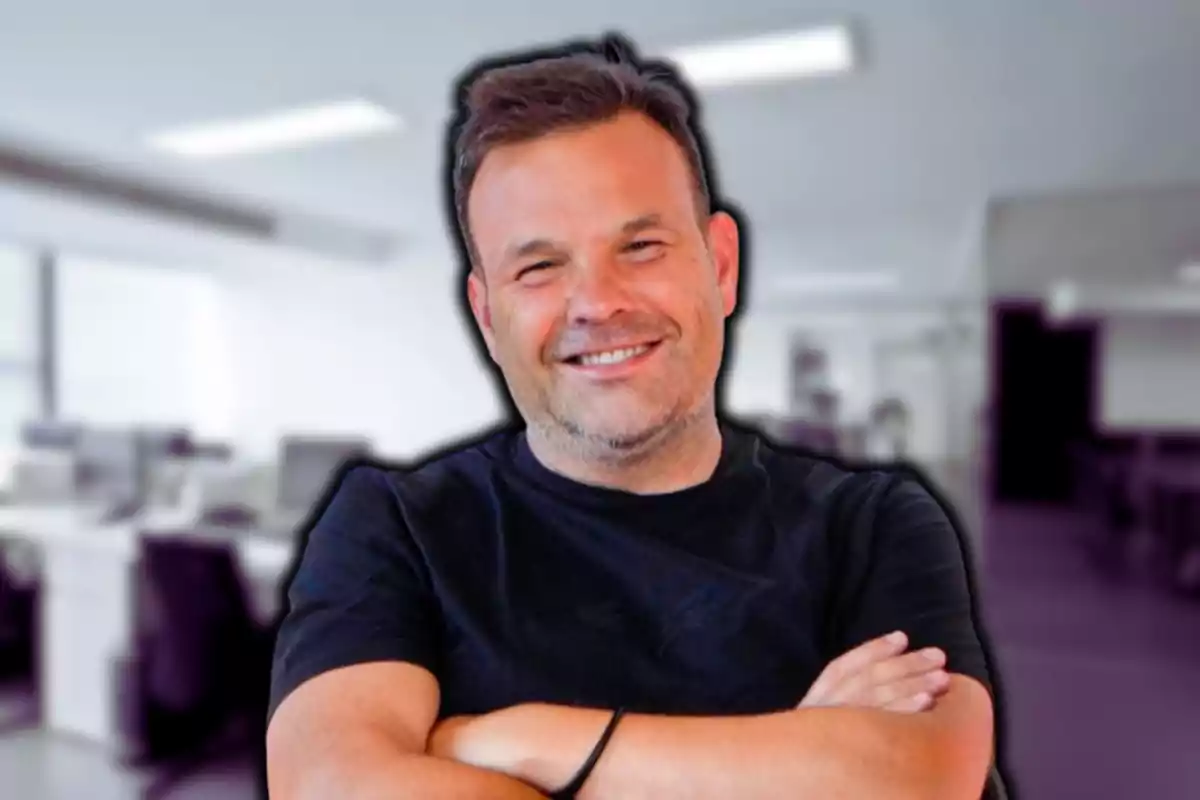In the first months of 2025, Spain presents an economic outlook marked by employment growth and pressures on the business sector. The average affiliation to Seguridad Social has surpassed 21.7 million in May, a level not seen in years past, which reflects a sustained post-pandemic recovery and solid job creation.
However, significant challenges also emerge: a shortage of talent in sectors such as hospitality and healthcare, inflationary pressures, and rising labor costs.
Within this environment, the relationship between employers and workers has been reconfigured: candidates no longer compete to access a position, but rather evaluate the company. In this "candidate first" context, the recent statement by businessman José Elías, founder of Audax Renovables and La Sirena (in addition to other business projects), is framed.

José Elías on "emotional competition" after an employee leaves
The headline of this news is striking: "José Elías's reaction when an employee leaves and becomes a competitor." According to an interview referenced by El Periódico on June 4, 2025, Elías keeps that when someone from his team decides "to become competition," he doesn't react with anger, but quite the opposite: He sees it as an opportunity and a positive sign.
This approach, which may seem surprising, reflects a mature strategic vision regarding talent and corporate culture. Instead of reproaching staff departures, José Elías interprets this move as a manifestation of empowerment and autonomy. He invites leaders to accept that value creation isn't limited to the original company: recognizing talent as a fluid resource can even strengthen the reputation of an organization that encourages professionalization.
Paradigm shift in the employer-employee relationship
Elías emphasizes how in recent years the dynamics in the labor market have changed drastically. It's no longer enough to offer a contract or a paycheck: companies must compete in salary packages, working conditions, and corporate purpose. This shift responds to an environment where the pandemic, the rise of remote work, and the search for personal balance have brought well-being and autonomy to the forefront.

A revealing example: If during the interview candidates already ask about bonuses, flexibility, or remote work, it's a sign that the applicant is evaluating the company as much as the company is evaluating him. This emotional and professional investment goes beyond the mere economic transaction of a contract.
Leaving to become an entrepreneur: loss or brand opportunity?
The news also addresses an essential point: what happens when a former employee creates a competing company? While it may mean commercial rivalry, it also speaks to the value that was developed in that professional. From this perspective, competition stems from the organization's educational and cultural success.
Turning this phenomenon into an opportunity involves keeping communication channels open with former collaborators and encouraging their immersion in professional networks. Instead of seeing them as competitors, they can be allies, advocates, or even partners in new projects.

The challenge of retaining talent in a demanding market
In addition to salary, Elías highlights other attractive forces: purpose, flexibility, employer brand, and professional trajectory. In markets with more than 11% (11%) structural unemployment and at the same time critical sectors lacking personnel, gaining competitive strength means offering more than just job openings.
José Elías, in other recent interventions, has emphasized that sustainable job creation can't be delegated to the public sector. It's private initiative that keeps the labor fabric: SMEs, freelancers, and the tertiary sector prove it day by day. The commitment to competitiveness and talent retention lies in the private sector, not just in the administration

